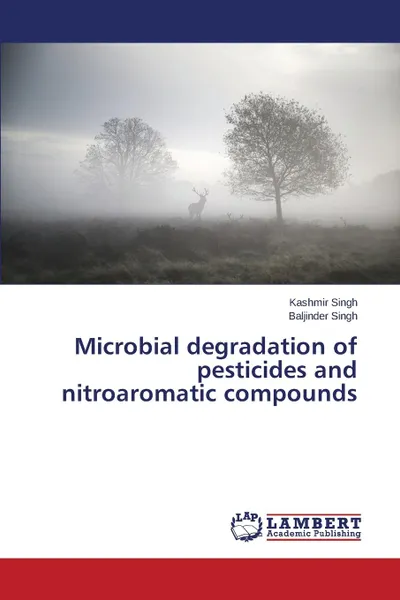Microbial degradation of pesticides and nitroaromatic compounds 14+
Автор: Singh Kashmir,
Singh Baljinder
192 страницы
Категория: Научная литература
ISBN: 9783659680670
Язык: Английский
📙 The widespread uses of synthetic chemicals in agriculture, industry, and military operations have introduced many anthropogenic compounds to the biosphere. The use of organophosphate pesticides has become an integral part of the modern agricultural system. One of the most important environmental concerns with organophosphate pesticides is accumulation of residues in soil, food products and water supplies. Due to international concerns about the repeated use of organophosphate pesticides, there is a great need to develop safe, convenient and economically feasible methods for organophosphate pesticides detoxification. The living organisms of the soil biota and aquatic system affected by organophosphate pesticides include bacteria, fungi, microalgae and invertebrates. Microbial degradation is often the primary process that regulates the aerobic decay of organophosphate pesticides. The main focus of the research described here encompasses basic science to discover pathways and evolutionary implications of aerobic biodegradation of organophosphate pesticide, malathion and nitroaromatic compound TNP.
Мнения
